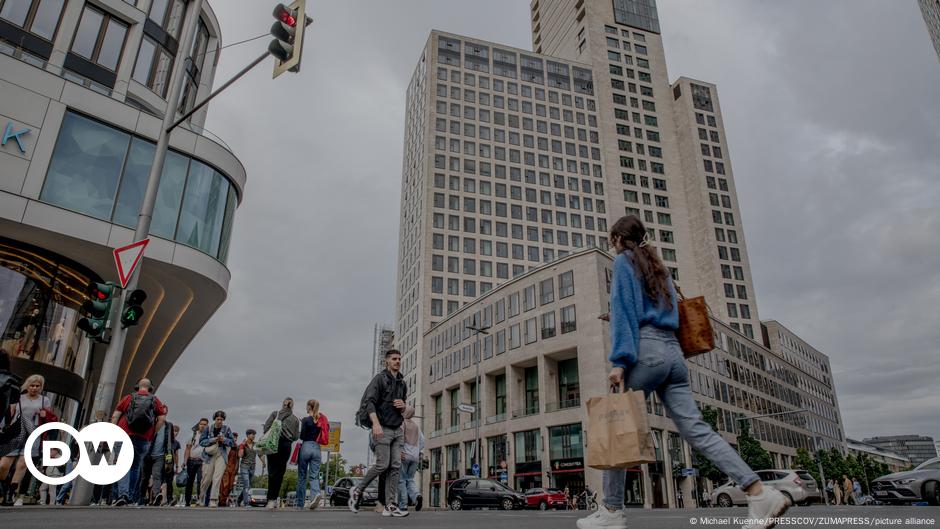Fashion
Fashion Industry’s Call to Action: Scale Up Sustainable Innovations for Global Impact

When it comes to implementing sustainable practices, it’s time to ditch the “stagnant pilot purgatory” and collaborate on scalable, sustainable innovations that could be implemented more broadly across the fashion industry.
That was one of the main themes of “Scaling Solutions: The New Business as Usual,” a fireside chat between Cara Smyth, senior managing director of retail sustainability and ESG at Accenture and chair of Fashion Makes Change under Rockefeller Philanthropy Advisors, and James Fallon, editorial director of WWD and Fairchild Media Group.
Smyth shed light on the dynamic interplay of business, sustainability and the fast-evolving global scenario over the past five years. Her observations and insights reflect not just on fashion’s pivotal role in global sustainability, but also on the intertwined future of technological advancements, regulatory landscapes and societal shifts. And it makes for a complex landscape.
“It is complicated,” Smyth said. “All of the issues are entangled together, they’re not neat, little boxes. You’re looking at all of these different systems that are working together and in different geographies, with different cultures bouncing off of each other. So, it’s not neat. But we are continuing to simplify and continuing to talk about it in business language so it becomes much more actionable.”
There’s a lot at stake.
“If you fix fashion, you fix the world, or a lot of it,” Smyth said. “Fashion apparel is a $3 trillion industry. If you think of fashion like a big octopus that stretches its arms around the world into different geographies and different industries; by fixing fashion, we would also fix agriculture. We would also impact finance. We would also impact the chemical industry, and the IT industry. Because of those arms that have such a big reach, the ability for us to create change and progress is amazing.”
To get there, there are a lot of challenges to address. One that Smyth highlighted was the complexity associated with sustainability — both in understanding and implementation. She noted the myriad new regulations and standards cropping up globally, which often add layers of complexity for business operations. Smyth underscored the importance of demystifying these complexities by simplifying sustainability goals into actionable business strategies. This approach not only makes sustainability efforts more digestible but also aligns them closer to core business objectives, moving them into the C-suite agendas and fostering broader executive buy-in.
And there are tools to help. This year’s edition of Accenture’s sustainability playbook, which has the same title as the fireside chat, takes a different approach to make it a more effective tool, Smyth said.
“This year we flipped it completely on its head,” she said. “In the past, we were always talking about, ‘Here are the negative impacts that we’re trying to get rid of.”’ Instead, the Accenture team has identified “nodes” across the entire ecosystem — every touchpoint, such as IT, finance, sourcing, transportation, marketing, merchandising, etc. — to focus on what better outcomes can be had within each node.
“I think there still is this sense that business and sustainability are at odds when they are a perfect love match,” Smyth said. “You will run a very healthy business if you think about that resilience, if you think about all of the different nodes of the ecosystem, and embedding sustainability everywhere. If you’re using that sustainability data as part of your consideration set, you will have better relationships with your suppliers. You’ll be building in agility in case there are interruptions. You’ll be thinking about long-term resilience with materials. You’ll be thinking about, and mindful of, fair labor, and wages, and worker rights and worker well-being. So, doing it this way shifts you to be a much more powerful company.”










